SUMMARY
This is AI generated summarization, which may have errors. For context, always refer to the full article.
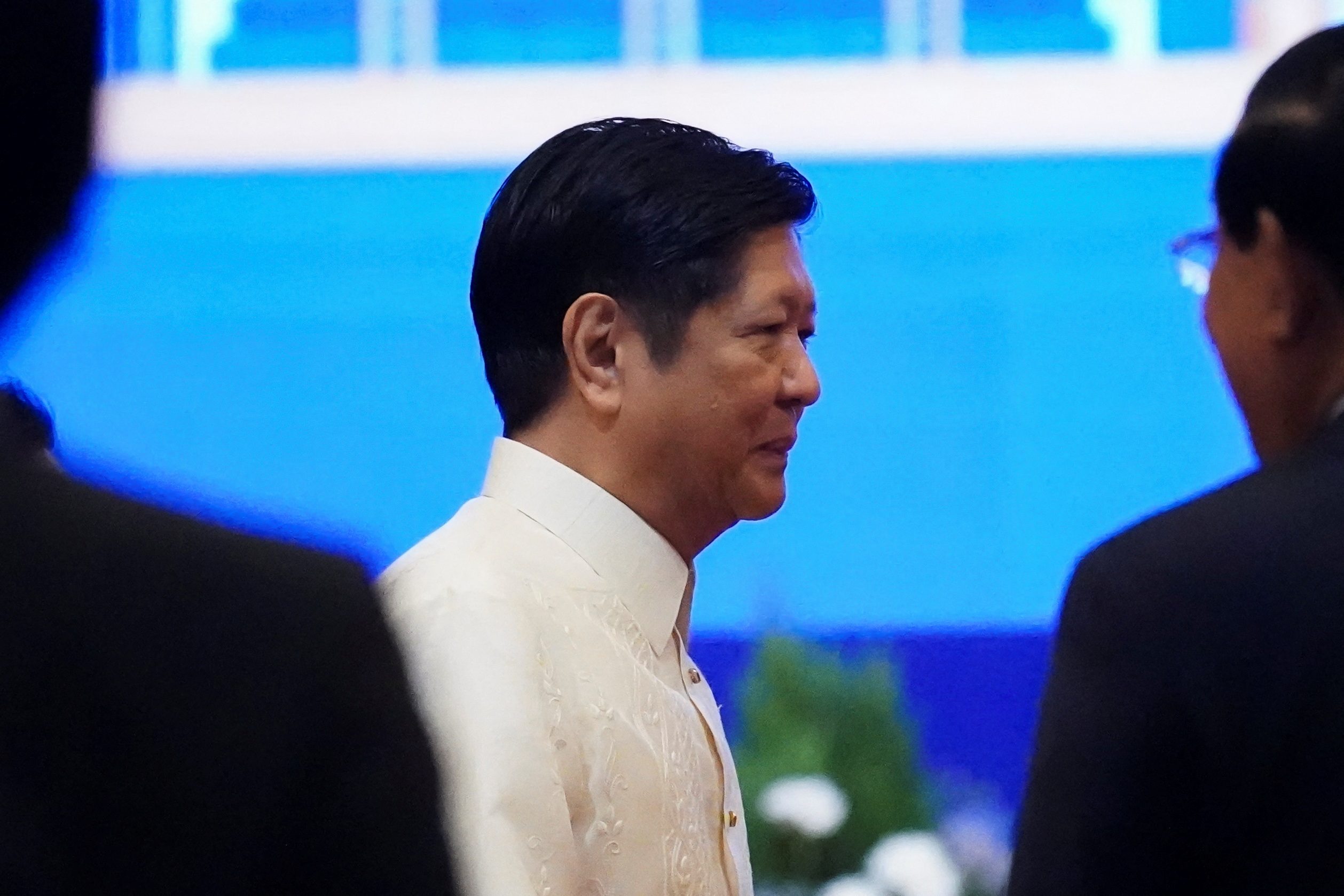
PHNOM PENH, Cambodia – Philippine President Ferdinand Marcos Jr., in interventions during various summits of the Association of Southeast Asian Nations (ASEAN), lobbied for bloc allies to support the Philippines’ bid for a seat in the United Nations (UN) Security Council.
The Security Council is the most powerful body of the UN and is tasked with maintaining “international peace and security in accordance with the principles and purposes of the United Nations.” Marcos made the pitch the first time when he spoke at the UN General Assembly in New York.
In the ASEAN summits with India, Australia, Japan, and the United States, Marcos asked for support as ASEAN candidate to the powerful body for the 2027-2028 term. Transcripts of Marcos’ intervention during the other summits have yet to made available by the Palace.
Speaking at the summits, Marcos said: “We believe that our experience in building peace and forging new paths of cooperation, will be of additional help to the Security Council.”
The Security Council is how the UN’s appeals and sentiments are put into action. There are two kinds of Security Council members – permanent or non-permanent. Permanent members include China, France, Russia, the United Kingdom, and the United States. These five states have veto power in the council, meaning for any move to take effect, all five permanent members must have their unequivocal support.
The 10 non-permanent members are elected by the General Assembly – or by all UN members – to two-year terms. The 10 non-permanent seats are distributed by region (Five for African and Asian States; one for Eastern European States; two for the Latin American and Caribbean States; and two for Western European and other States).
The Philippines has been a non-permanent member of the Security Council several times before – in 1957, in 1963, from 1980 to 1981, and from 2004 to 2005.
Marcos is in Phnom Penh from November 9 to 13 to attend the ASEAN summits. He has also participated in bilateral meetings – with Cambodia, South Korea, Brunei, Canada, and the European Union – on the sidelines of the summit. – Rappler.com
Add a comment
How does this make you feel?
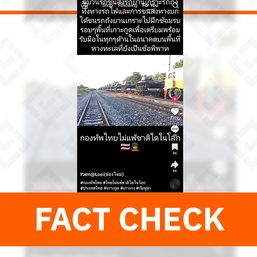
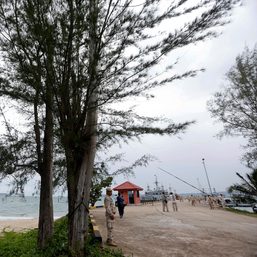
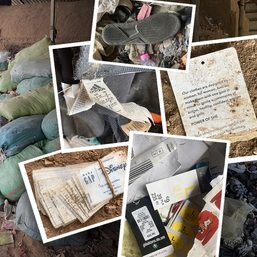
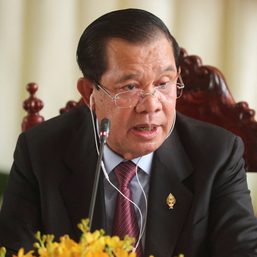
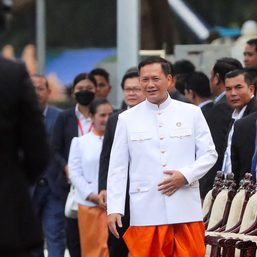
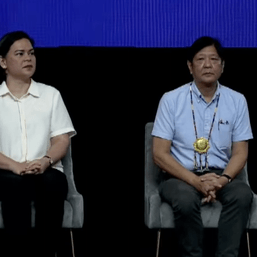
![[In This Economy] Is the Philippines quietly getting richer?](https://www.rappler.com/tachyon/2024/04/20240426-Philippines-quietly-getting-richer.jpg?resize=257%2C257&crop=194px%2C0px%2C720px%2C720px)
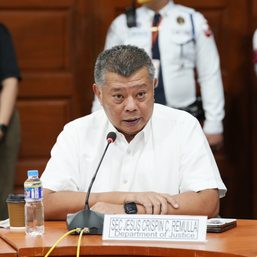
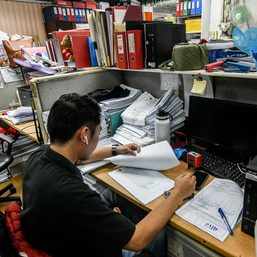
![[OPINION] If it’s Tuesday it must be Belgium – travels make over the Marcos image](https://www.rappler.com/tachyon/2024/04/tl-travel-makeovers-marcos-image.jpg?resize=257%2C257&crop_strategy=attention)

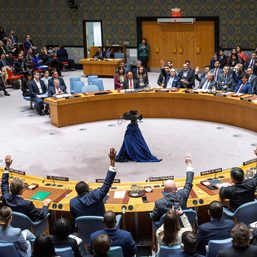
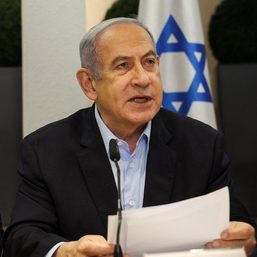
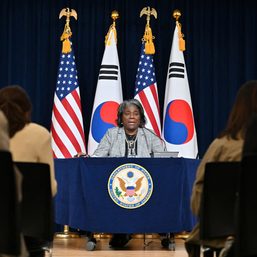
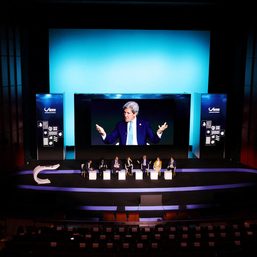
There are no comments yet. Add your comment to start the conversation.